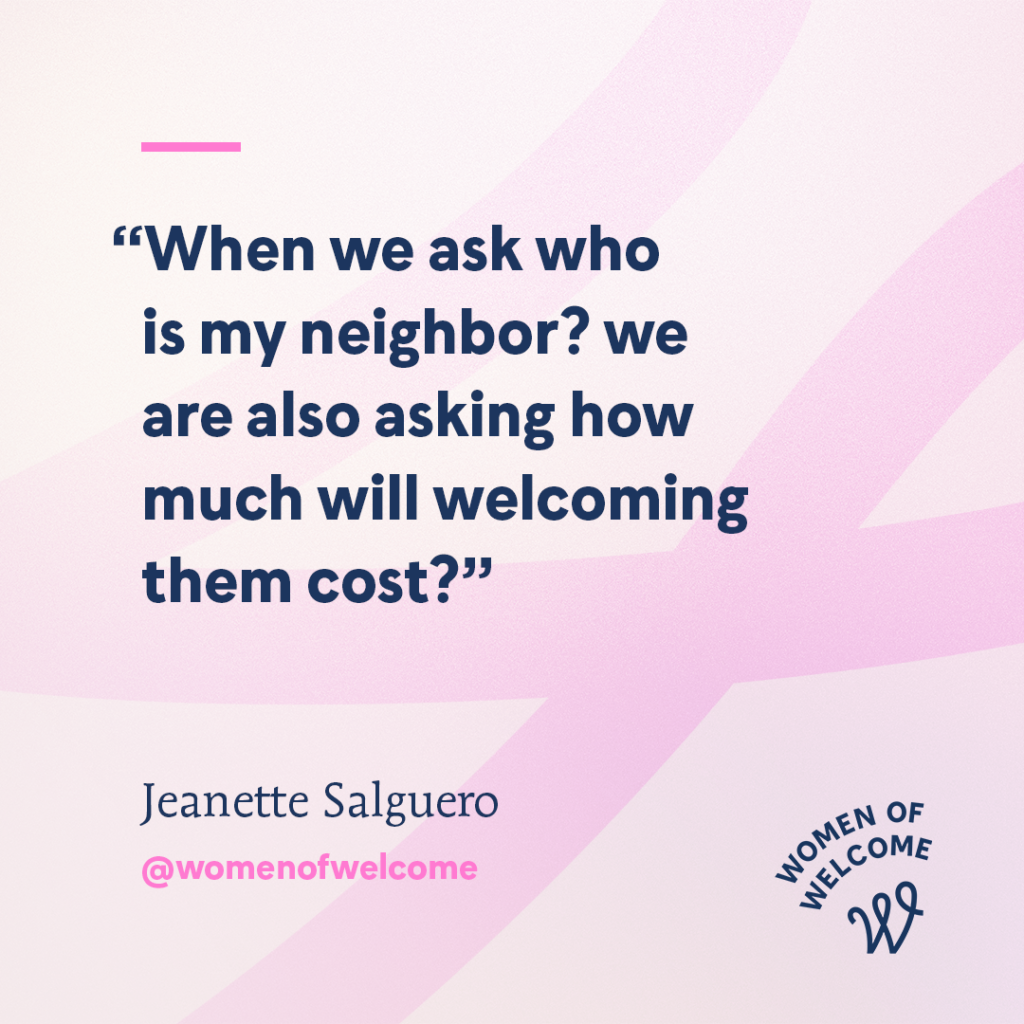Matthew 26: 48-51
Now the betrayer had arranged a signal with them: “The one I kiss is the man; arrest him.” Going at once to Jesus, Judas said, “Greetings, Rabbi!” and kissed him. Jesus replied, “Do what you came for, friend.”
Jesus calls the betrayer friend. This is more than just some ironic turn of phrase; it is a posture of a welcoming and transforming heart. To be clear, the decision to call a betrayer friend is not to call evil good or good evil. Jesus’ words are not absent admonitions against betrayals, “woe to that man who betrays the Son of Man!” (Matthew 26:24, NIV). Nevertheless, in this brief but not inconsequential farewell, there is a glimpse of an invitation to what could be. Welcome is moving beyond the “isness” of brokenness to the oughtness of restored relationships. Welcome is invitation, not imposition. Judas chooses, betrayer or friend, but the option had been open.
Friend is a reminder that becoming an enemy is a choice. We are not born with enmity. It is a path chosen through endless detours of rancor, insecurity, and dissatisfaction. Jesus’ final reminder to Judas is that the roads of friendship and forgiveness, although too-frequently less traveled, always remain an option. The kiss of Judas is met with the unexpected, renewed call for friendship. Friend is a welcoming invitation to not see oneself as a stranger or foe but to enter a new type of fellowship where enmity does not have the final say.
The welcoming heart is not the naive heart. Jesus knew Judas was his betrayer, but his capacity to call him friend exemplifies how transformative the gift of welcome can be. Welcome is not a Pollyanna endorsement, “keep doing what you are doing.” Welcome is the most radical of invitations to convert thresholds of hostilities into bonds of peace. Abraham Lincoln once said, “Do I not destroy my enemies when I make them my friends?”
Welcome, then, is about a courageous reimagining. Welcoming a betrayer into a new imagining of relationships is not a license for continued abuse, but a clarion call to not put silver before friends. With one word, friend, we are thrown back on ourselves to construct a new way of being beyond transactional interactions and selfish motivations. Welcome is not cheap grace, rather a cruciform surrender. This friendvitation requires us to leave the cold outdoors of betrayal into the warmth of sacrificial belongingness. Welcome bids us—exchange our treacherous impulses for loving bonds of grace.
Welcome moves us beyond our lack of imagination when it comes to human connectedness. This welcome is not an integration or affirmation of betrayal, but a bridge to a new connectedness. Knowing our hostility, Jesus calls us friends, we who were once excluded and foreigners “have been brought near . . . For he himself is our peace, who has made the two groups one and has destroyed the barrier, the dividing wall of hostility” (Ephesians 2:12-14, NIV). Friendvitation is a moving call to relocate from the neighborhood of enmity to the fellowship of love.
Thoughtful Questions:
- What are the dominant forces in our culture that form our view of others as transactional—built on the expectation that we give only to receive back from them?
- Think back to a time when you’ve been invited to reimagine or heal a relationship. What in the invitation helped you move into the new relationship?

 This resource answers the most common questions Christians have about immigration and equips you to engage conversations with biblical clarity, truth, and grace.
This resource answers the most common questions Christians have about immigration and equips you to engage conversations with biblical clarity, truth, and grace.